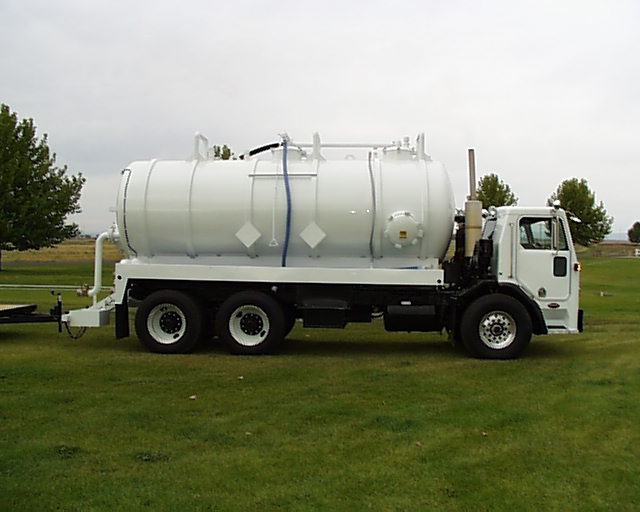Welcome, But A Bit Unexpected from the 9th Circuit
This is welcome news for those of us who do business on US Forest Service lands, but pretty surprising coming from the 9th Circuit:
Judges aren't professional land managers.
The Ninth Circuit Court of Appeals acknowledged as much July 2, after
spending the past few years micromanaging the Forest Service in a
series of court decisions that forest industry groups called
"increasingly aberrant."In a landmark ruling July 2, the Ninth acknowledged that it erred in
its interpretation of a key environmental law and botched Mineral
County's post-burn case."We misconstrued what the NFMA (National Forest Management Act)
requires of the Forest Service," a panel of 11 judges admitted in a
ruling released July 2. "We made three key errors in [the post-burn
case]...Today, we correct those errors."The
ruling in "Lands Council v. McNair," involving an Idaho project,
overturned a 2-1 decision from 2005 in "Ecology Center v. Austin."
McNair and Austin are the forest supervisors for the Idaho Panhandle
and Lolo national forests, respectively.The dramatic ruling concluded by suggesting that the Ninth should weigh
other public interests in the future, not just claims of potential
environmental damage."Though preserving environmental resources is certainly in the public's
interest, the [Idaho Panhandle] Project benefits the public's interest
in a variety of other ways," the ruling stated. "According to the
Forest Service, the Project will decrease the risk of catastrophic
fire, insect infestation, and disease, and further the public's
interest in aiding the struggling local economy and preventing job
loss."
The US Forest Service's mission is a mixed bag, requiring it to balance mining, timber harvesting, recreation, and environmental preservation on its lands. Such a mixed mission is virtually doomed to failure in today's political climate. This virtually impossible balancing act has been made more difficult with the recent explosion of lawsuits from environmental groups all attempting to narrow the USFS mission to preservation alone, to the exclusion of other missions. The 9th Circuit has to date been a leading facilitator of this process of placing preservation ahead of all other goals, in direct contradiction of the will of Congress in any number of pieces of legislation.
 The forest must be adjacent to U.S. Forest Service Land;
The forest must be adjacent to U.S. Forest Service Land;

